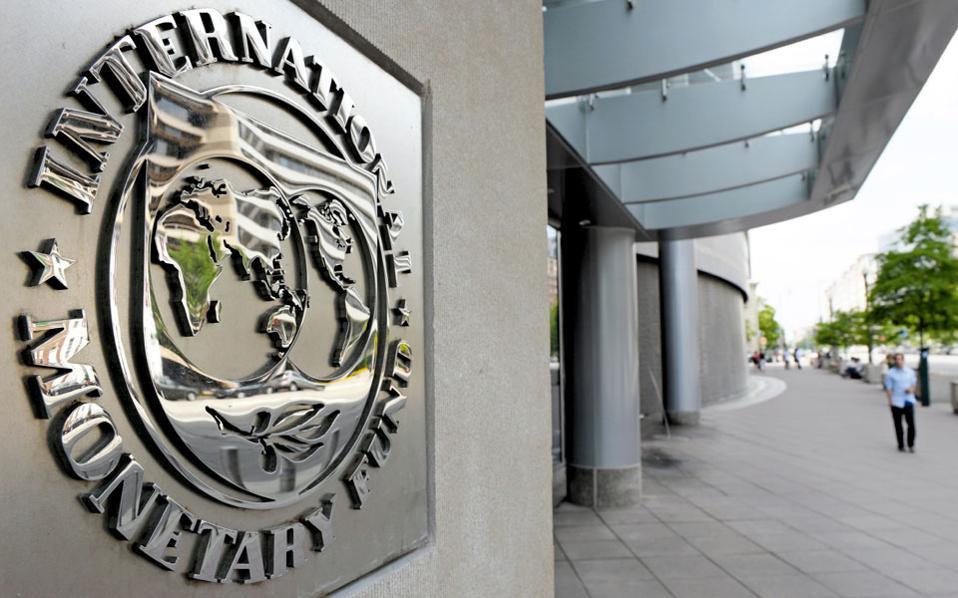IMF undercuts projections
Fund report puts future primary surpluses and growth well below government estimates

Greece is looking at lower primary budget surpluses and higher debt than the government is expecting, the International Monetary Fund warned on Wednesday in a report that also highlighted record public spending over the two years of the pandemic.
The Fiscal Monitor report released on Wednesday in the context of the Fund’s annual meeting showed that Greece’s primary budget deficit this year will amount to 7.3% of gross domestic product and 1.3% in 2022. This will be followed by a primary budget surplus of just 0.2% in 2023, 0.6% in 2024, 1% in 2025 and 1.5% in 2026.
The government has made similar forecasts about this and next year (primary deficits of 7.4% and 1.1% respectively), but has far higher projections for the following years’ primary surpluses: It forecasts that revenues will exceed expenditure (not including interest payment) by 2% in 2023, 2.8% in 2024 and 3.7% in 2025.
This discrepancy is clearly attributed to the growth forecasts each side uses: The government projects growth averaging at 4% in the medium term, as recorded in the midterm fiscal plan, while the IMF on Wednesday forecast growth of just 1.3% in 2026.
The Fund also said general government spending soared to 60.7% of GDP in 2020, due to the support measures against the pandemic, from 47.8% in 2019. It is only France that had a higher spending rate than Greece in 2020 among developed nations (61.8% of GDP). The eurozone average amounted to 53.6% of GDP last year.
Greece’s state revenues came to 50.2% of GDP in 2020, and are seen dropping to 48.8% this year. The relatively high taxation Greece still has meant that the revenue rate placed this country sixth among developed countries for 2020, while the average rate in the eurozone stood at 46.4%.
The IMF also sees that the national debt is declining at a slower pace, compared to the government projections: It will come to 206.7% of GDP in 2021 and ease to 199.4% in 2022 and 192.4% in 2023.





